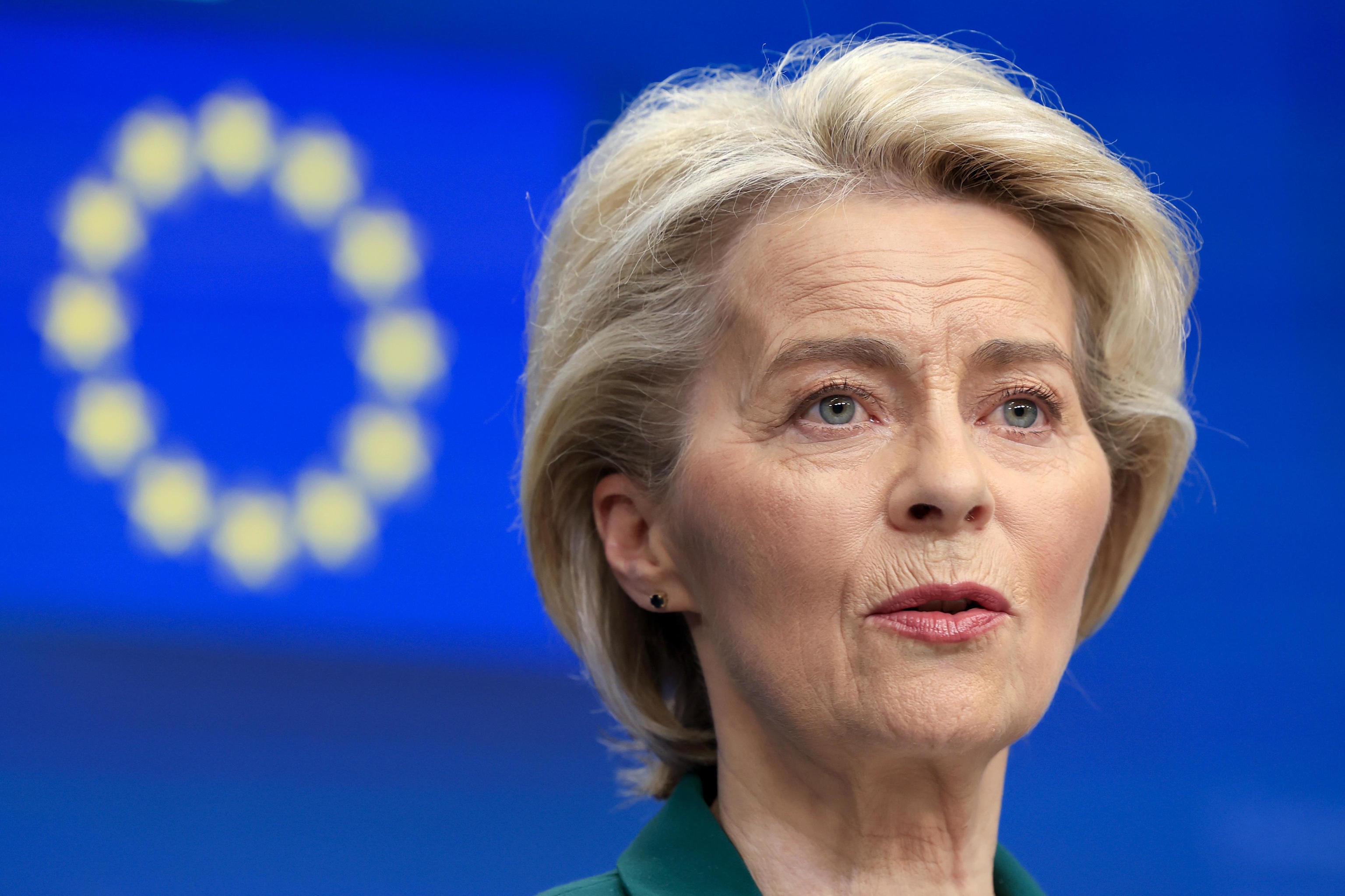The European Commission, in a rare and harsh statement, denounces "unprecedented interference and intimidation" by Russia in Moldova's accession referendum to the European Union. According to Brussels, there has been "total interference and manipulation of information" by Moscow and its proxies "in many areas", all aimed at "destabilizing the democratic process" of the former Soviet republic.
The Commission's Foreign Affairs spokesperson Peter Stano has also pointed out "vote-buying", and has accused Russia of "not respecting" democratic processes at all. He has not commented on the election results, which according to the latest data would show a narrow margin victory for the yes vote, but has repeatedly offered EU support and emphasized that Moldova is "a very important partner".
Furthermore, Brussels states that Russia's campaign is not limited to the electoral context but has been ongoing since 2022. "After the invasion of Ukraine," Brussels maintains. The Commission also recalls that President Von der Leyen herself was in Moldova just two weeks ago, demonstrating the support and relevance that Moldova holds for Brussels.
During her visit, the German leader met with the country's president, Maia Sandu, who has also denounced Russia's interference. "We have evidence and information that a criminal group intended to buy 300,000 votes. This is an unprecedented fraud aimed at compromising democracy. Their goal is to sow fear and panic in society," Sandu stated in remarks reported by EFE.
"Criminal groups, associated with foreign forces, attacked our country with lies and propaganda (...) We will not stop defending freedom and democracy. We will await the final results and come back with solutions," Sandu added, referring to the Russian oligarch Ilon Shor, whom the Moldovan Prosecutor's Office accused on the eve of the vote of orchestrating a scheme from Moscow to buy 130,000 votes.
The Kremlin, on the other hand, claims that the election day, which also included presidential elections alongside the referendum, presented "anomalies".
"The indicators we see today, which we are monitoring, and the dynamics of their changes, of course, raise many questions," a Moscow spokesperson stated, adding that it is "difficult to explain the mechanical increase in votes for Sandu and for those participants in the referendum who support orientation towards the European Union".
